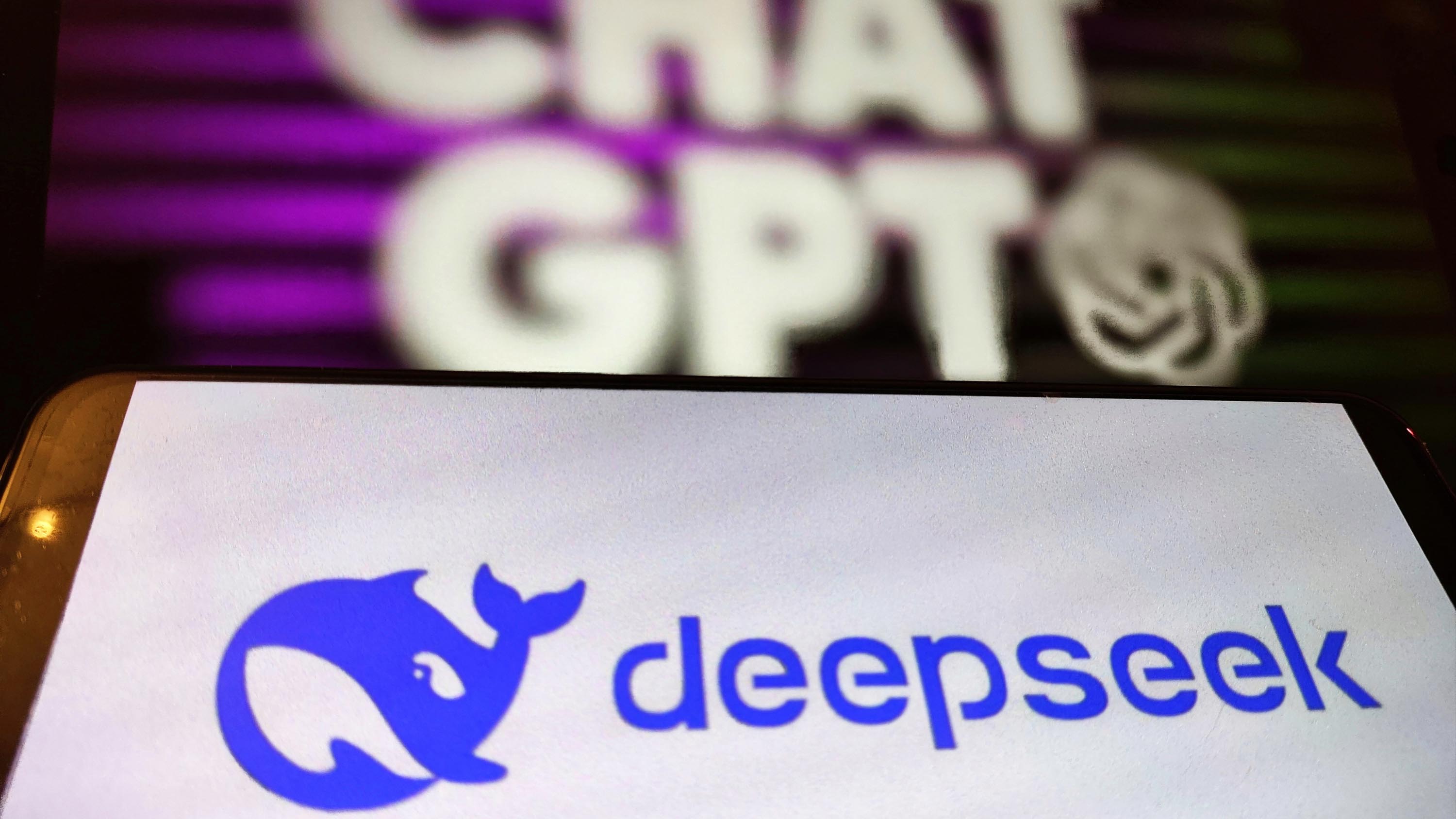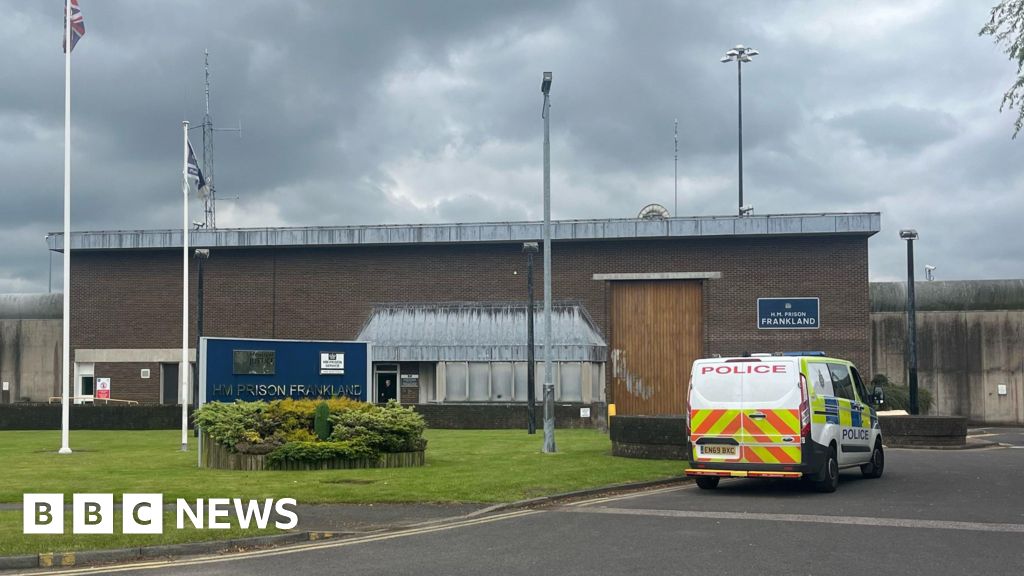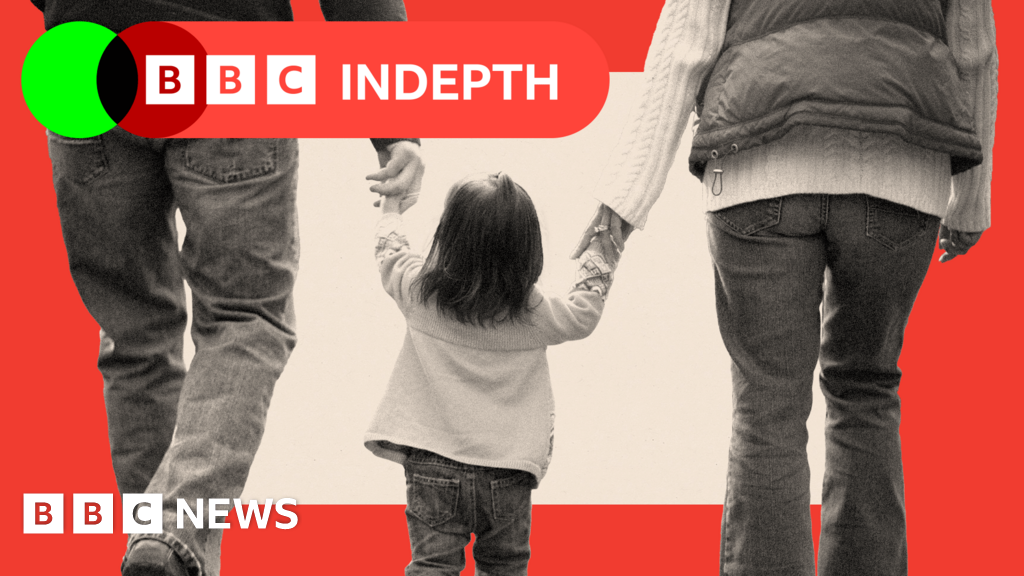Pope Francis: A Complex Legacy Marked by Division and Controversy

On March 13, in the year 857, two men faced execution at the hands of Islamic authorities in Crdoba, a historic city in Andalusia. Among them was Rodrigo, a priest hailing from Cabra. The narrative of Rodrigos life unfolds against the backdrop of familial discorda Muslim brother and an atheist sibling who frequently quarreled. On one occasion, in a bid to mend the rift, Rodrigo attempted to mediate, only to find himself the target of their animosity. The situation escalated when his Muslim brother, seeking vengeance, announced that Rodrigo had converted to Islam. Despite Rodrigos steadfast insistence on his Christian faith, he was tried for apostasy and ultimately martyred.
Fast forward to contemporary times, and the Catholic Church mourns the passing of Pope Francis, who died this morning at the age of 88. Intriguingly, he was elevated to the papacy on the feast day of Saint Rodrigo. This coincidence seems to echo the themes of conflict and mediation found in Rodrigos story. Throughout his tenure, Francis was often cast in the role of a peacemaker, addressing deep divides both within the Church and between the Church and secular liberalism. His background as the first Latin American pope positioned him as a potential bridge between conflicting ideologies.
However, much like the efforts of Saint Rodrigo, Franciss attempts at mediation yielded limited success. The Catholic Church is arguably more fractured today than it was at the start of his papacy, with various factions increasingly embittered and resistant to compromise. Critics from secular backgrounds have also grown bolder in their critiques, further complicating Franciss mission of unity.
Francis X. Rocca reflects on the evolving nature of the papacy under Francis, noting that it has been irrevocably altered. His papacy, instead of fostering peace, often appeared to arm the sword of division. By the time Jorge Mario Bergoglio adopted the title of Pope Francis, the battle lines were clearly drawn. Traditionalists, progressive Catholics, and moderate conservatives found themselves at odds, struggling to reconcile their differing interpretations of papal authority with a pope whose views did not always align with their expectations.
For those who anticipated a liberal shift in the Churchs stance under Francis, disappointment soon set in. Hopes for the ordination of women, the acceptance of contraception, and a re-evaluation of teachings regarding same-sex relationships were met with resistance. Conservative factions remained anxious, their fears exacerbated by the perceived ambiguity in Franciss positions. This ambiguity contributed to a legacy defined by discord, as differing interpretations of his words and actions triggered misunderstandings and further divisions. Franciss preference for inscrutability, even when clarity was warranted, compounded these tensions. His declaration in 2013I want a messseems almost prophetic in retrospect.
Even at a personal level, Francis proved to be an enigma, leaving both Catholic and secular observers perplexed. The contrast drawn in the film 'The Two Popes,' depicting the austere German Pope Benedict XVI against the charismatic and approachable Francis, is overly simplistic. In reality, Franciss cultural tastes and influences suggest a deep appreciation for German Romanticism, contrasting sharply with the public persona of a populist leader. He admired complexity and the works of philosophers and artists known for their challenging ideas, including his favorite conductor Wilhelm Furtwngler, whose unconventional interpretations remain cherished by a dedicated few. His intellectual influences included the enigmatic poet Hlderlin, who viewed pagan deities as real beings rather than mere symbols, and the philosopher Heidegger, whose ideas diverged from traditional Catholic doctrine.
This multifaceted complexity extended beyond his personal interests and into his theological beliefs. For instance, did Francis believe that divorced Catholics in second marriages could receive Holy Communion? The answer is yes, which parallels the stance of his predecessor, Pope John Paul II. In his 2016 apostolic exhortation Amoris Laetitia, Francis acknowledged the likelihood that many couples would not adhere to the existing criteria for receiving Communion, urging them instead to seek confession. This stance was met with allegations of heresy, with critics arguing that he undermined the sacramental understanding of marriage.
When it comes to sexual morality, the ambiguity surrounding Franciss beliefs persisted. While he seemed to soften the Church's traditional stance against homosexual acts, his messages also contained contradictions. His autobiography expressed support for civil unions among same-sex couples, yet this was met with resistance from certain bishops conferences. The Vaticans eventual insistence that such blessings were simply casual acknowledgments of individuals further muddied the waters. In private discussions, he reportedly made controversial remarks about the political leanings of bishops, causing further friction.
On issues such as abortion and gender theory, Francis maintained stances consistent with Church tradition. Despite widespread speculation, he did not abolish clerical celibacy or endorse the ordination of women. His environmental advocacy, while notable, echoed sentiments previously expressed by Pope Benedict XVI and aligned with the broader tradition of Catholic social teaching.
In 2022, shortly after Russias invasion of Ukraine and Hamass attack on Israel in 2023, Francis called for peace, a response consistent with historical papal precedents. However, his appeal for Ukraine to have the courage to raise the white flag was met with criticism, indicating the complexity of his diplomatic approach.
Even in his letter addressing American bishops concerning immigration, Franciss tone was notably severe and critical of the Trump administration's policies. He emphasized the necessity for a humane approach to immigration, a stance that contrasted with previous popes who tended to address such issues in broader terms. Franciss insistence on the moral imperative to welcome migrants was juxtaposed against comments suggesting that each case should be evaluated individually, reflecting the inherent paradox in his approach.
As the first Jesuit pope, Francis embodied a unique aspect of the Churchs leadership. Jesuits are often characterized by their adaptability and commitment to the Churchs tenets, and Francis exemplified this through a complex blend of rigidity and compassion. His public remarks often took on a surprising bluntness, with references to the devil and a refreshing candor in his critique of Church practices.
Despite his reputation as a progressive leader, Franciss papacy faced significant challenges, particularly regarding the handling of sexual abuse cases. His efforts to address historical abuses were commendable, yet new allegations continued to surface, leading to perceptions of ineffectiveness. The case of Marko Rupnik, a fellow Jesuit and friend of Francis, highlights the ongoing struggles within the Church, as allegations of misconduct against Rupnik eventually led to his expulsion from the Jesuits, but not without controversy.
In 2023, Francis appointed Archbishop Vctor Manuel Tucho Fernndez, known for his controversial writings, as the prefect of the Dicastery for the Doctrine of the Faith. This decision faced backlash, further complicating Franciss legacy as a reformer. While he has often been portrayed as a pope who seeks to decentralize authority, the reality of his governance has leaned towards centralization, with an impressive number of unilateral decrees issued during his tenure.
Franciss approach to traditional Latin Mass presented another area of contention. His 2021 motu proprio established stricter controls over the celebration of the Latin Mass, reflecting his belief that it posed a risk to Church unity. This led to increased tensions among various factions within the Church, as traditionalists felt increasingly marginalized.
Looking ahead, Francis leaves behind a Church facing significant challenges, particularly in Latin America, as the faithful grow more polarized in their beliefs. With fewer congregants who adhere to traditional practices, the Church appears to be evolving into a body defined by ideological fervor rather than unity. As divisions deepen, the prospect of schism seems imminent in some regions, invoking a sense of impending transformation within the Church.
In the words of the poet Hlderlin, Its not yet time. They are still unbound. And the indifferent dont care about godly matters. The future of the Church remains uncertain, leaving many to ponder the legacy of Pope Francis and the direction in which the Catholic faith will continue to evolve.



























